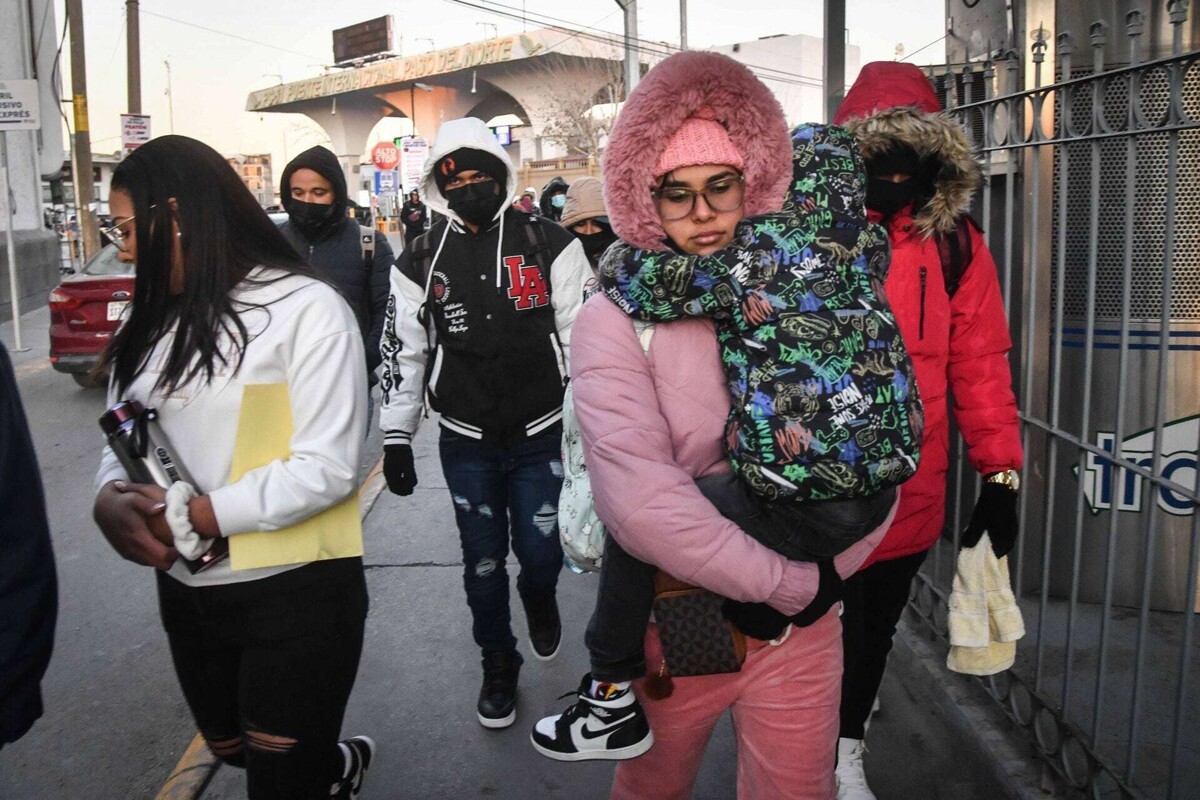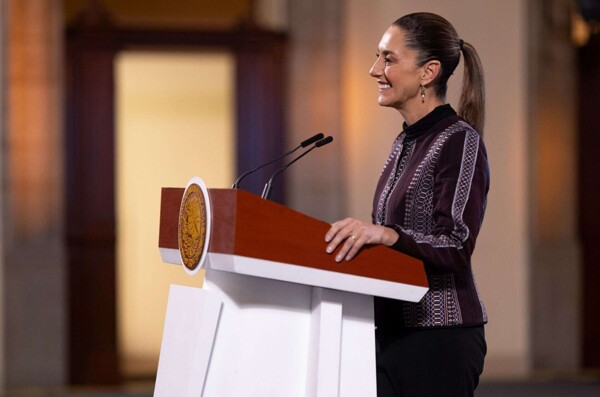
In his first week in the government of the United States, President Donald Trump initiated mass deportations of thousands of migrants in North American territory. During his speech at the White House, the president threatened to close the border with Mexico, deport a large number of migrants, and even allow arrests in protected places such as schools, churches, or hospitals. In light of this situation, it is crucial to know the location of migrant support centers.
The Mexican government, under the presidency of Claudia Sheinbaum, has established nine support centers within the Effective Reception Strategy called 'Mexico Embraces You,' to welcome the deported nationals. In a press conference at the National Palace, the Secretary of Governance, Rosa Icela Rodríguez, declared that the federal government is prepared to welcome compatriots with warmth, humanitarian support, and guarantees of opportunities for a dignified life in Mexico.
This strategy includes three components: consular assistance and protection with the support of international organizations, reception and support in border states through support centers, and reintegration that includes social services, employment, and welfare programs. It is assured that the support centers will be equipped with the necessary basic services and guaranteeing the quality of care.
The support centers will be strategically distributed in several states such as Baja California, Sonora, Chihuahua, Coahuila, Nuevo León, and Tamaulipas, according to what has been established by the local authorities. Buses have been arranged to transport repatriated individuals from border points to the support centers and subsequently to their home states.
Furthermore, President Claudia Sheinbaum has ordered a record to be kept of the beneficiaries in the support centers, where they will be provided with hygiene items, medical care, reintegration services, food, shelter, and accommodation. The participation of various federal government agencies is expected in social service days to support the repatriation strategy.
Rosa Icela emphasized the importance of respecting and protecting the rights and dignity of those returning to Mexico. Amid these changes, it highlights how the country continues to build a more just and equal society, welcoming its nationals in a supportive and humane manner.














